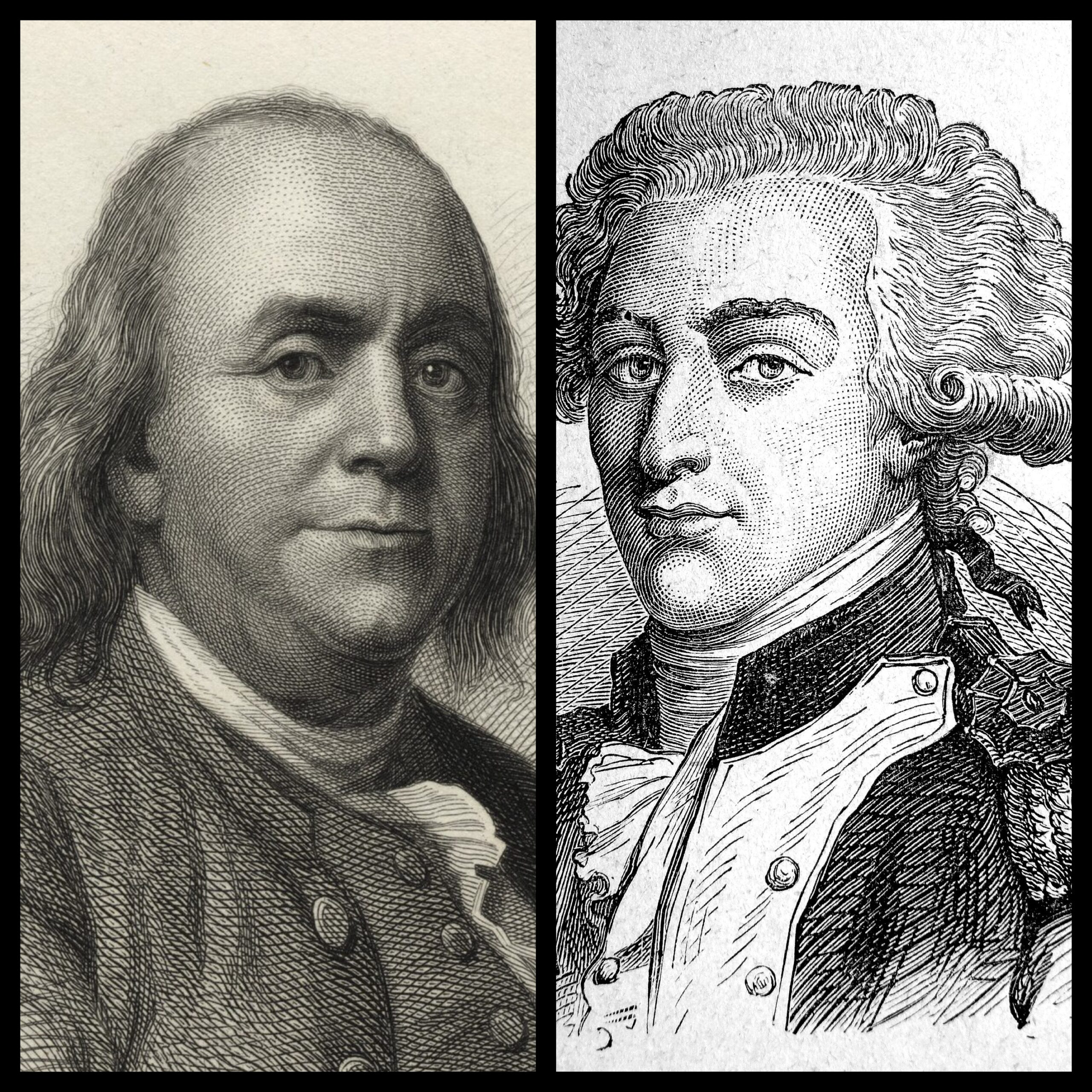
On March 22, 1779, Benjamin Franklin wrote to Lafayette, praising his energy in opposing Britain. Franklin suggested exploiting the relatively vulnerable coasts of England and Scotland by landing small forces to demand contributions from wealthy towns, which would strain British resources. He emphasized the importance of bold, unexpected strategies and capable leadership to ensure success.
Images via Wikimedia Commons, public domain
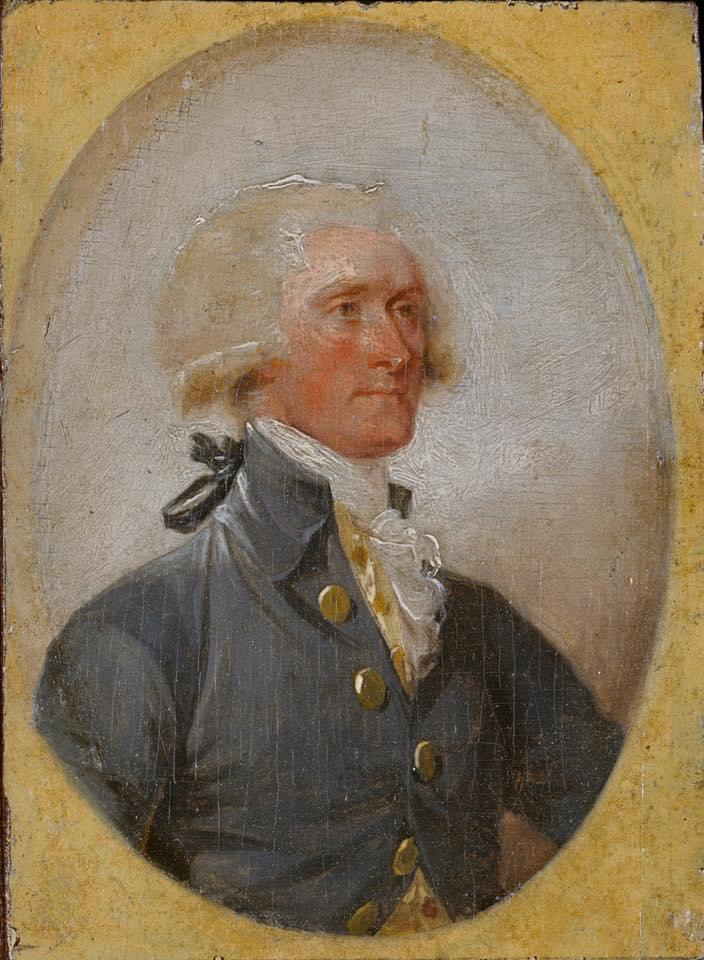
On March 22, 1790 Thomas Jefferson became the first United States Secretary of State.
Image: Miniature portrait of Thomas Jefferson by John Trumbull c. 1788 (about two years before Jefferson became U.S. Secretary of State)
via Wikimedia Commons, public domain
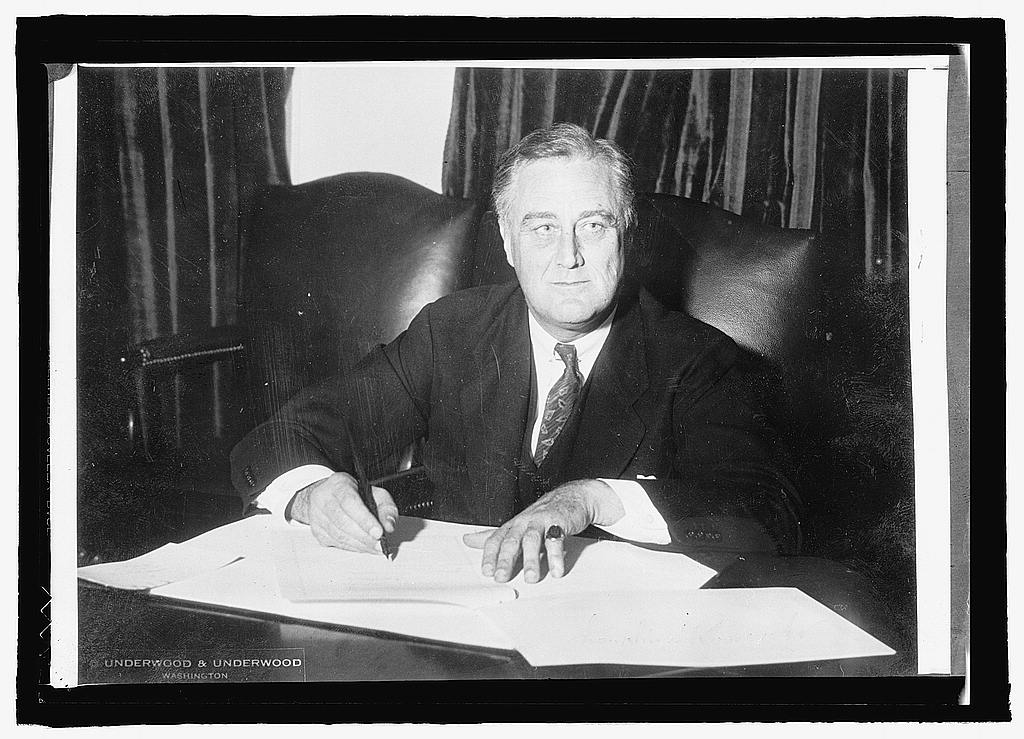
FDR signing the Cullen–Harrison Act or “Beer Bill” on March 22, 1933 which was enacted by U.S. Congress on the previous day.
Image via LOC, no known restrictions
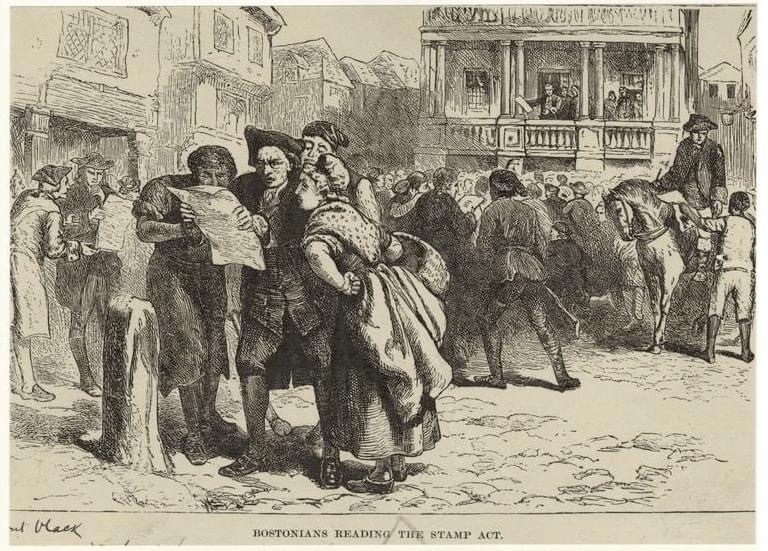
A little more than 10 years before the American Revolutionary War, on March 22, 1765, the Stamp Act was approved by British Parliament. The act basically put a tax on almost every printed product to help raise funds for the British military who were stationed in America.
It was enforced in the colonies in November of that year.
Image: Bostonians reading the Stamp Act via Wikimedia Commons, public domain

Born March 22, 1907 James M. Gavin served as a private in the US Army, graduated from West Point, and at 37, was the youngest major general to lead a division in WW2. He made four combat jumps, gaining the nickname “Jumpin’ Jim.” Later he served as ambassador to France and opposed US involvement in Vietnam.
Image via Wikimedia Commons, public domain in the US
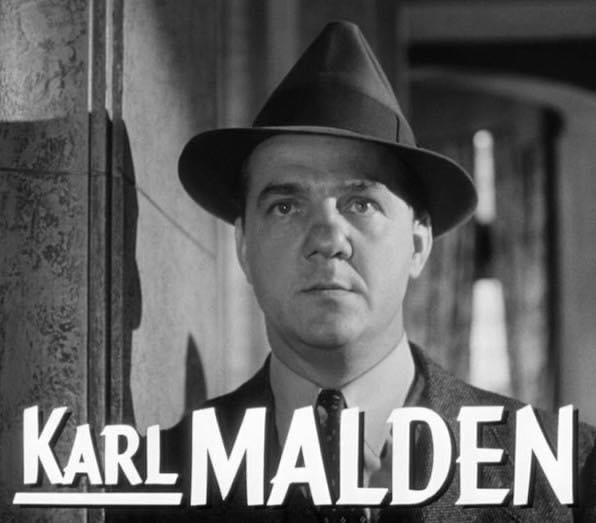
American WWII veteran and Academy Award winning actor Karl Malden was born on March 22, 1912 in Chicago, Illinois. His acting career spanned more than six decades.
Image: Karl Malden from the trailer for the film
“I Confess” in 1953 via Wikimedia Commons, public domain
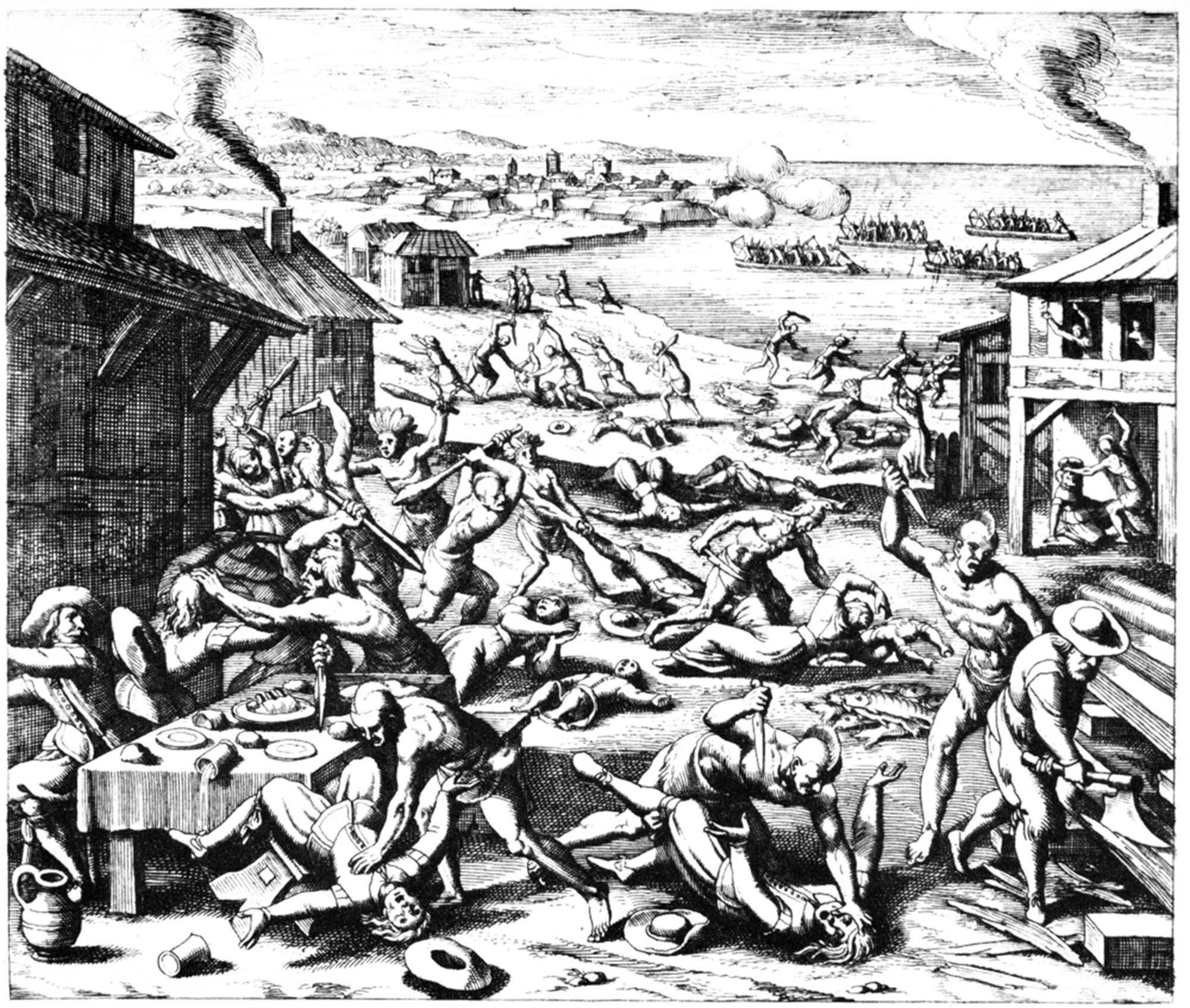
A woodcut from 1628 by Swiss-born artist Matthäus Merian showing the massacre of nearly 400 English settlers at Jamestown, Virginia on March 22, 1622 during the Second Anglo-Powhatan War.
Image via Wikimedia Commons, public domain
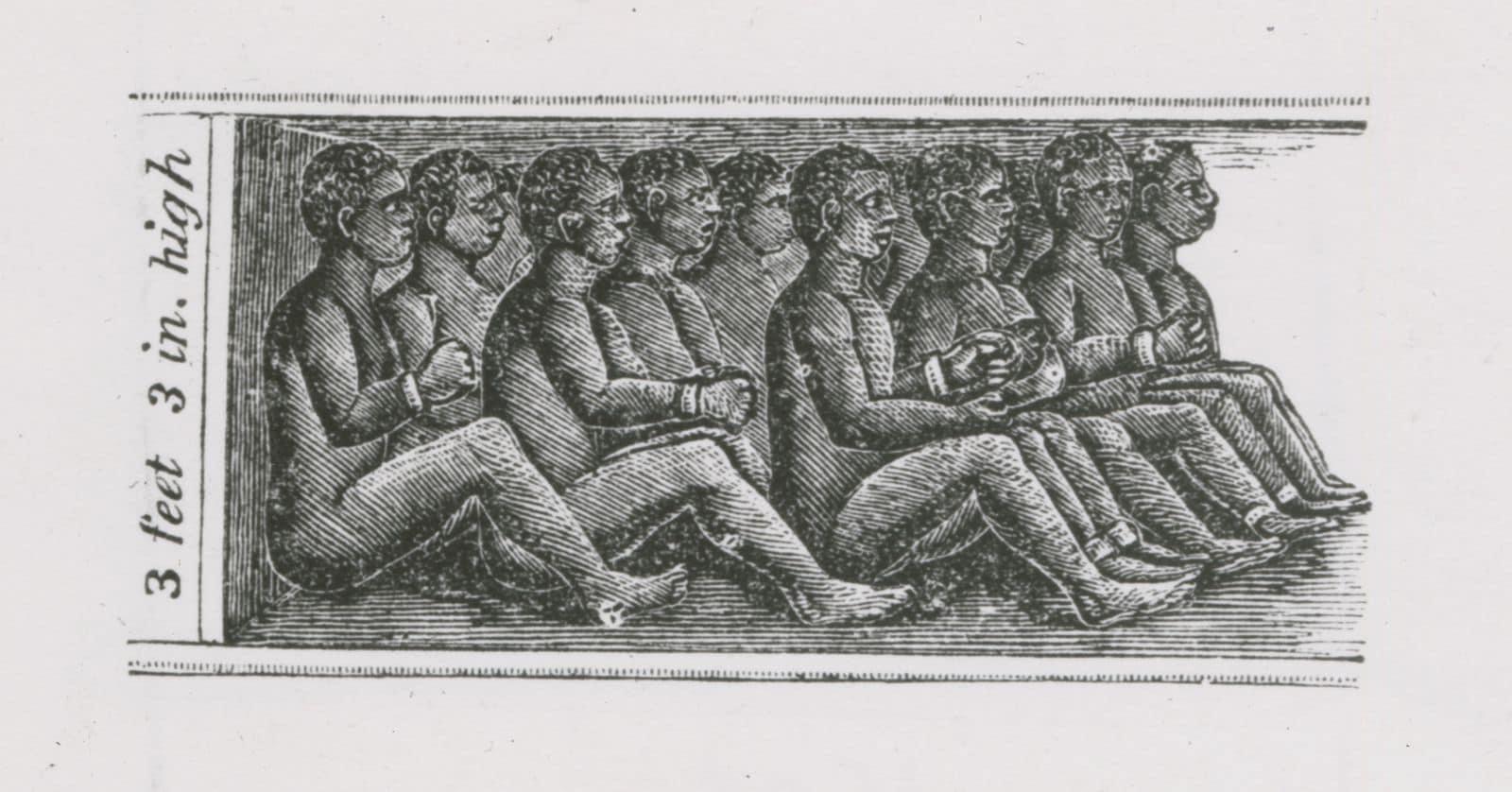
On March 22, 1794 “An Act to prohibit the carrying on the Slave Trade from the United States to any foreign place or country” was approved by U.S. Congress.
It was the first anti-slave act by U.S. Congress and it would take another 71 years before slavery was abolished in the U.S. with the Thirteenth Amendment.
Image: View of chained African slaves in cargo hold of slave ship, measuring three feet and three inches high via NYPL Digital Collections, no known restrictions
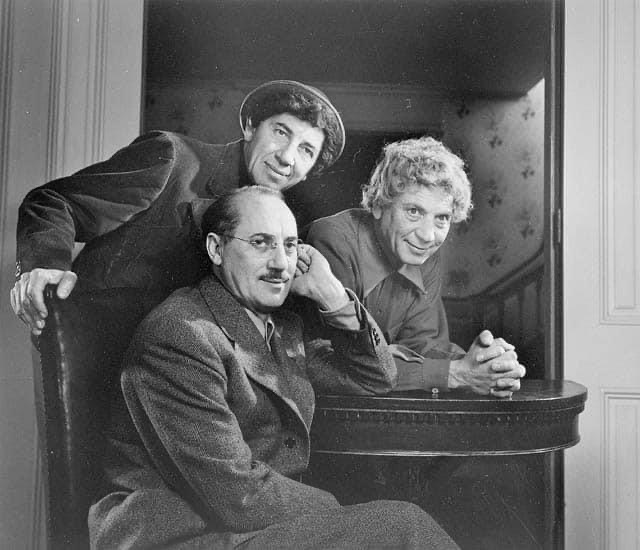
The Marx Brothers: Chico, Harpo and Groucho in 1948
On March 22, 1887 Chico Marx was born in Manhattan, New York
Image via Wikimedia Commons, public domain
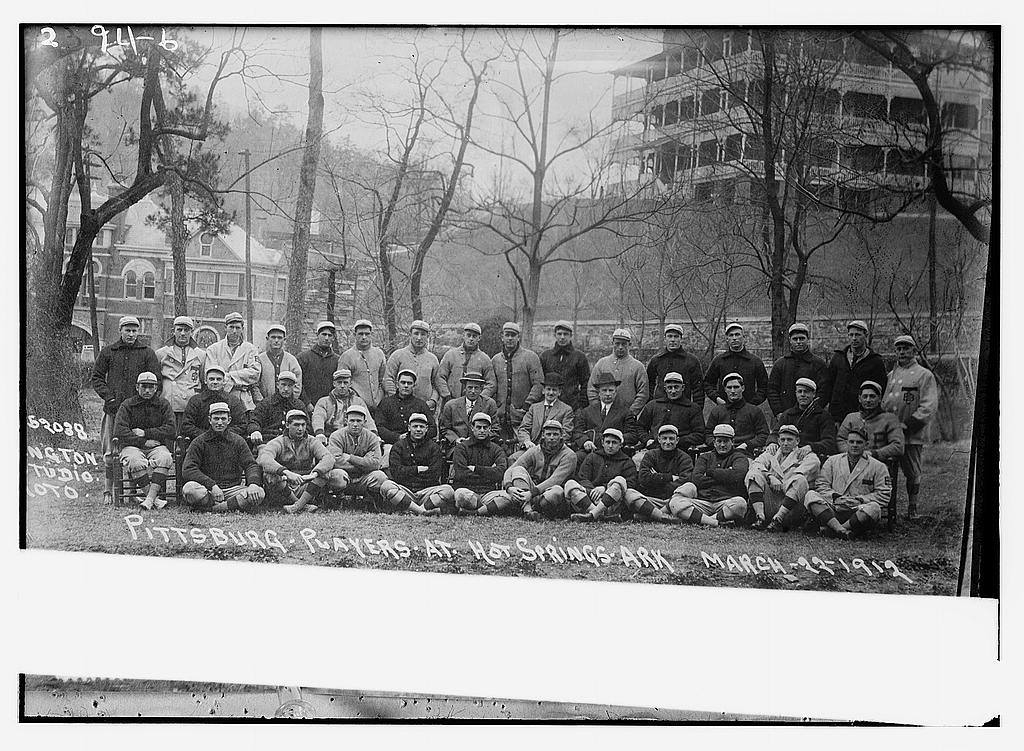
Pittsburgh (NL) players at Hot Springs, Arkansas on March 22, 1912
via LOC, no known restrictions
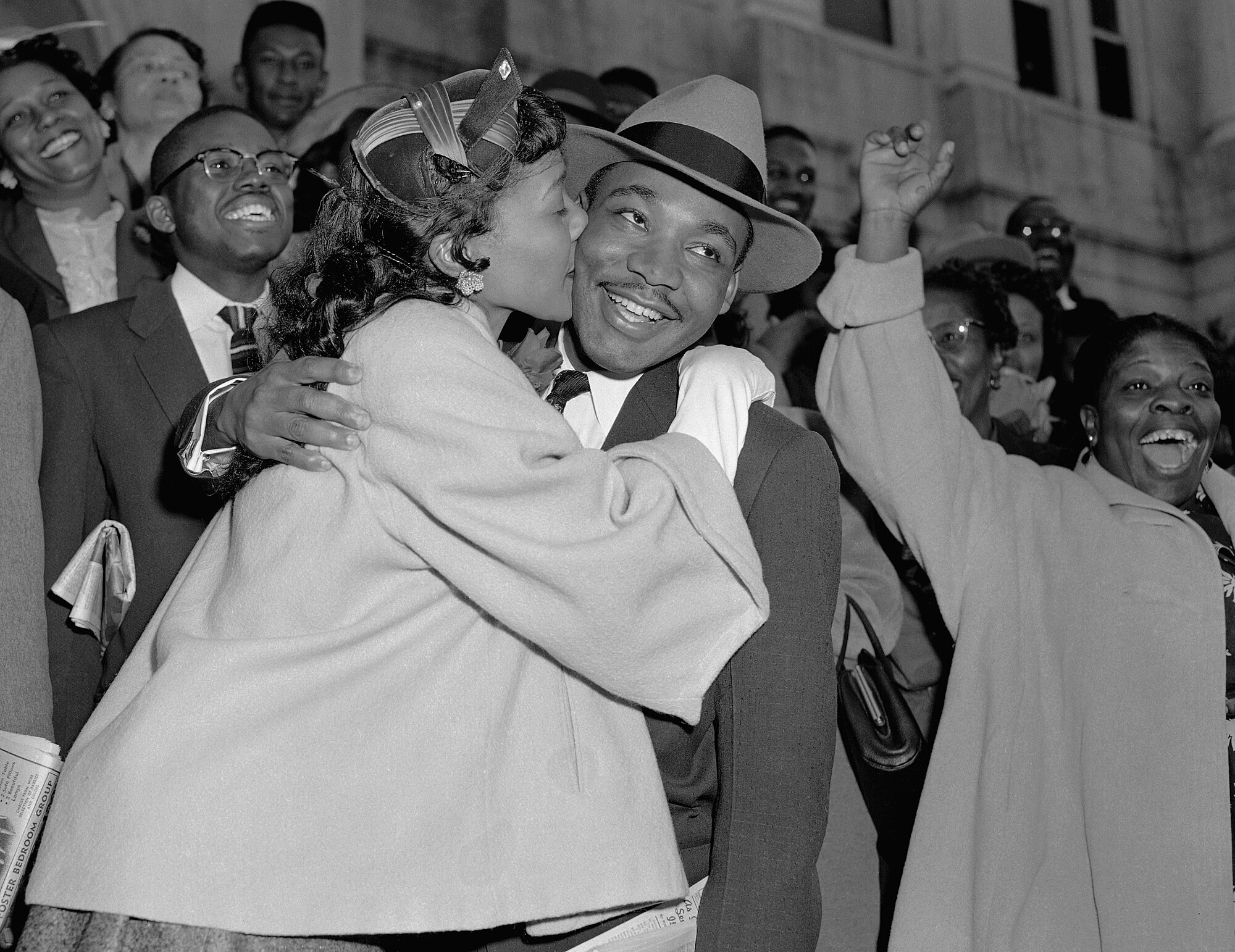
Martin Luther King Jr. is welcomed with a kiss from his wife, Coretta Scott King, after leaving court in Montgomery, AL, on March 22, 1956.
via Wikimedia Commons, no known restrictions

After achieving significant success with a string of hit songs in the mid to late 1970s, the American rock band Heart faced challenges connecting with listeners during the early 1980s. Their fortunes turned around with the release of their self-titled comeback album “Heart” which included the hit song ‘These Dreams.’ On March 22, 1986, it became the #1 song in America, marking a triumphant return to the spotlight.
Image of Heart in 1977 via Wikimedia Commons, public domain



